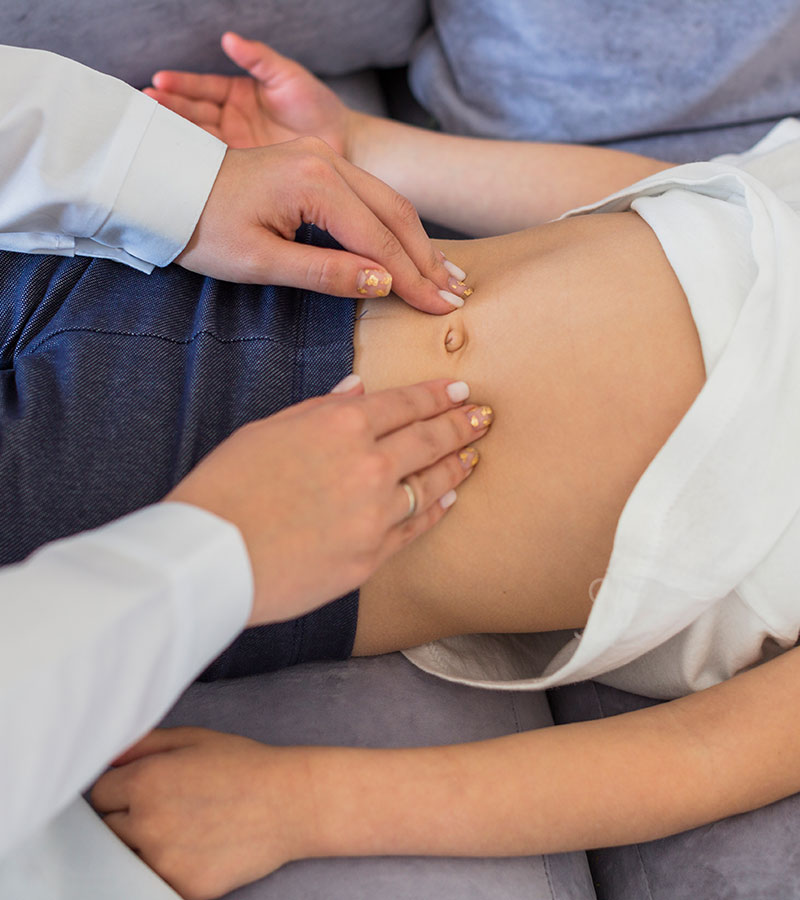Weakening of the tissues surrounding the womb / uterus, the rectum or the bladder can lead to these organs slipping down and protruding into vagina, and this is commonly known as a prolapse. It is essentially a hernia in the vagina; it is normally the rectum which is affected.
There are however different types of prolapse depending on which of the pelvic organs is involved e.g. a uterine prolapse, an enterocele prolapse (the small bowel), a rectocele prolapse (the rectum), cystocele prolapse (bladder), urethrocele prolapse, and a vaginal vault prolapse (where the top of the vagina sags). It is generally the case that prolapse sufferers tend to be women who have had children, or older and post menopausal women.
As anyone who has suffered from / currently has a prolapse will know, the symptoms can be very unpleasant, uncomfortable and disruptive. It is common for women to describe symptoms such as an uncomfortable feeling or sensation as though something is in or coming out of the vagina, and a feeling of being full or feeling a lump. Experiencing problems emptying the bowel or bladder, suffering from constipation, and leaking small quantities of urine when coughing, sneezing, or exercising are also common symptoms of prolapse. Living with a prolapse can also mean that sex becomes more difficult and uncomfortable, and many women say that the prolapse symptoms have had a negative effect on their confidence in this area of their lives and that this has caused problems in their relationship with their partner.
Where treatment for a prolapse is concerned some patients respond to physiotherapy for example. Weight loss, lifestyle changes and / or pelvic floor exercises can also help for mild cases. Non surgical treatments for more severe cases include Vaginal Pessary which involves inserting supporting devices into the vagina that are changed every 3 to 6 months.
For other patients however a surgical option may provide the best results. Women who would like to have more children may be suitable for suspension treatment whereby a synthetic mesh suspension sling is inserted into the vagina of to provide support and prevent future prolapse. For women not planning to have any more children e.g. those over 50 a hysterectomy is an option. In fact prolapse is the most common reason for hysterectomy in women over 50. In some severe cases of prolapse one option is the surgical closing the opening to the vaginal canal. This can be very effective although it prevents vaginal sexual intercourse. For many women however pelvic floor repair surgery is a suitable option for symptomatic vaginal prolapse. I offer pelvic floor repair surgery which will improve the tone of the vagina and will be able to stop constipation. This is vital to protect the pelvic floor from the effects of worsening constipation.




